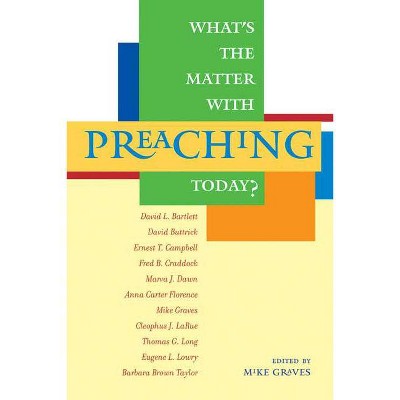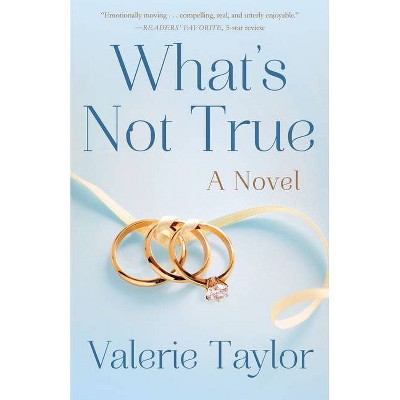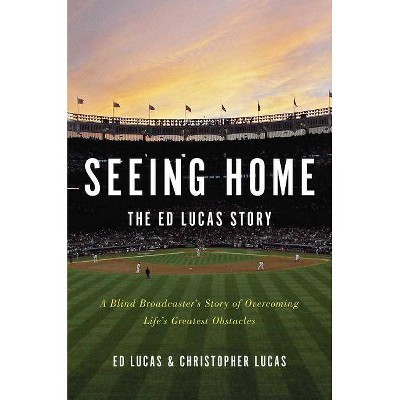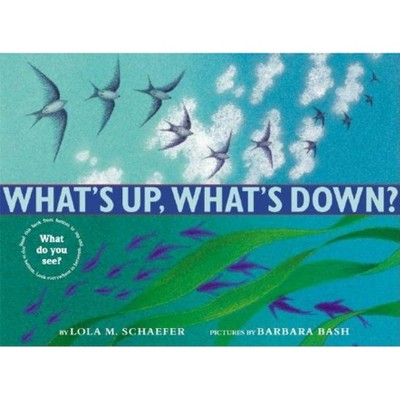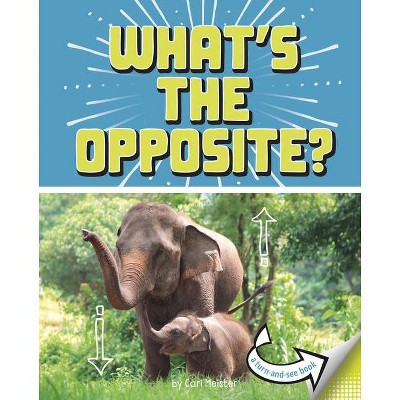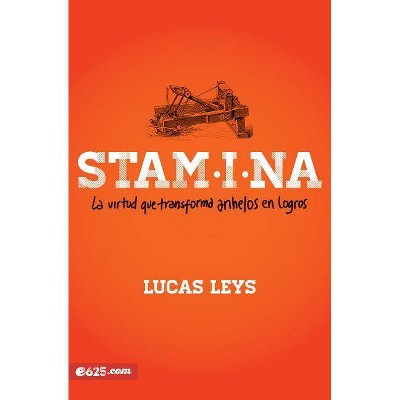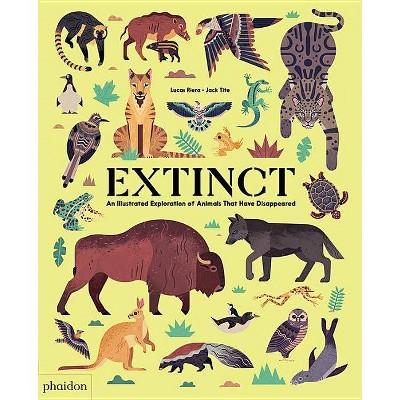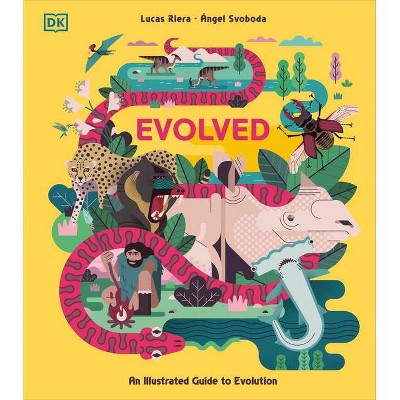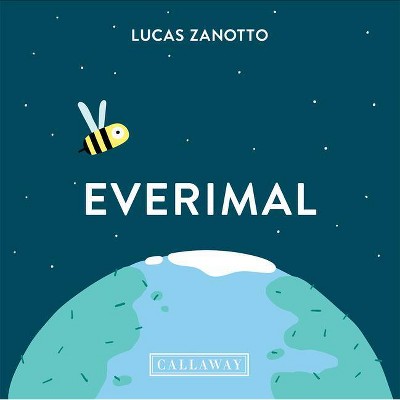Deciding What's True - by Lucas Graves (Hardcover)
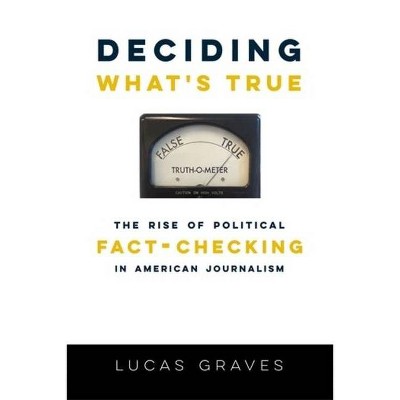
Similar Products
Products of same category from the store
AllProduct info
<p/><br></br><p><b> About the Book </b></p></br></br>Over the past decade, fact-checking outlets have shaken up the political world by holding public figures accountable for what they say. <i>Deciding What's True</i> recounts the routines of the journalists at these innovative news organizations and plots a compelling, personality-driven history of the fact-checking movement and its recent evolution.<p/><br></br><p><b> Book Synopsis </b></p></br></br>Over the past decade, American outlets such as PolitiFact, FactCheck.org, and the <i>Washington Post</i>'s Fact Checker have shaken up the political world by holding public figures accountable for what they say. Cited across social and national news media, these verdicts can rattle a political campaign and send the White House press corps scrambling. Yet fact-checking is a fraught kind of journalism, one that challenges reporters' traditional roles as objective observers and places them at the center of white-hot, real-time debates. As these journalists are the first to admit, in a hyperpartisan world, facts can easily slip into fiction, and decisions about which claims to investigate and how to judge them are frequently denounced as unfair play. <p/><i>Deciding What's True</i> draws on Lucas Graves's unique access to the members of the newsrooms leading this movement. Graves vividly recounts the routines of journalists at three of these hyperconnected, technologically innovative organizations and what informs their approach to a story. Graves also plots a compelling, personality-driven history of the fact-checking movement and its recent evolution from the blogosphere, reflecting on its revolutionary remaking of journalistic ethics and practice. His book demonstrates the ways these rising organizations depend on professional networks and media partnerships yet have also made inroads with the academic and philanthropic worlds. These networks have become a vital source of influence as fact-checking spreads around the world.<p/><br></br><p><b> Review Quotes </b></p></br></br><br>A keenly observed visit to a new world whose geography we can now better comprehend.--Kirkus Reviews<br><br>A first‐rate history and sociology of these new watchdogs, helping to make sense of their role in the contemporary media ecosystem. Well‐researched, carefully argued, and lucidly written, <i>Deciding What's True</i> does an excellent job of sorting out the messy questions of truth and falsehood, fact and opinion, in contemporary politics and journalism.--David Greenberg "Journal of Communication "<br><br>A pioneering effort to provide a rigorous, in-depth assessment and critique of the fact-checking movement's intervention.--Stuart Allan, Cardiff University "Media, Culture & Society "<br><br>A lively page-turner about political fact-checking that also digs deep into the very foundations of public knowledge. What do we really know, and how do we know it? Graves provides thought-provoking answers. In an age of partisan warfare, this urgently needed book reveals the transformations, tensions, and continuing virtues of journalistic objectivity.--Rodney Benson, New York University<br><br>A timely, compelling, and important account of the rise of political fact-checking, a development--indeed, a movement--aimed at not only improving the quality of public discourse but also invigorating the practice of journalism. This book amounts to nothing less than a genuinely new chapter in the history of modern American journalism.--Theodore L. Glasser, Stanford University<br><br>Graves follows a cadre of journalists in their attempts to nail down that most slippery of objects--the fact. In so doing, he shows that, in a networked age, 'the facts' have never been more central, or more problematic, for the culture of journalism. A must-read for anyone interested in the state of journalism today.--David Ryfe, University of Iowa School of Journalism<br><br>In <i>Deciding What's True</i>, Lucas Graves provides a thoughtful, empirically grounded analysis of the major fact-checking organizations, studying their evolution and importance in the rapidly changing world of journalism. It is absolutely essential reading for journalists, news executives, and their audiences.--Herbert Gans, Columbia University<br><br>In an era marked by broad challenges to the credibility of journalism, <i>Deciding What's True</i> provides an insightful look at major transformations in the knowledge-making regimes that foster the veracity of news. Drawing on a vast array of sources and evidence, Graves sheds light on the practices and experiences of fact-checking and its effect on the interplay among politics, media, and society.--Pablo J. Boczkowski, Northwestern University<br><p/><br></br><p><b> About the Author </b></p></br></br>Lucas Graves is an assistant professor at the School of Journalism and Mass Communication at the University of Wisconsin. He is the coauthor of <i>The Story So Far: What We Know About the Business of Digital Journalism</i> (Columbia, 2011), and his writing has appeared in the <i>Columbia Journalism Review, Wired</i>, the <i>New York Times</i>, and other publications.
Price History
Price Archive shows prices from various stores, lets you see history and find the cheapest. There is no actual sale on the website. For all support, inquiry and suggestion messages communication@pricearchive.us
